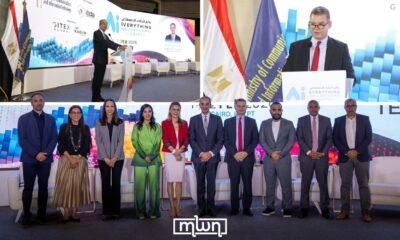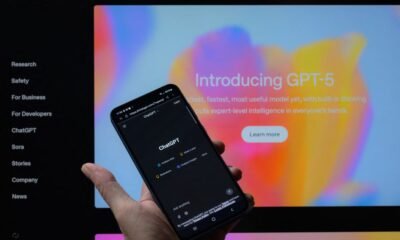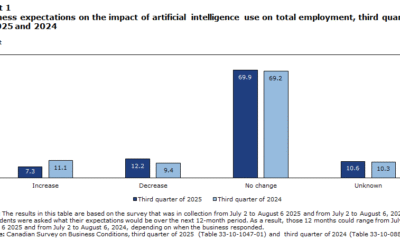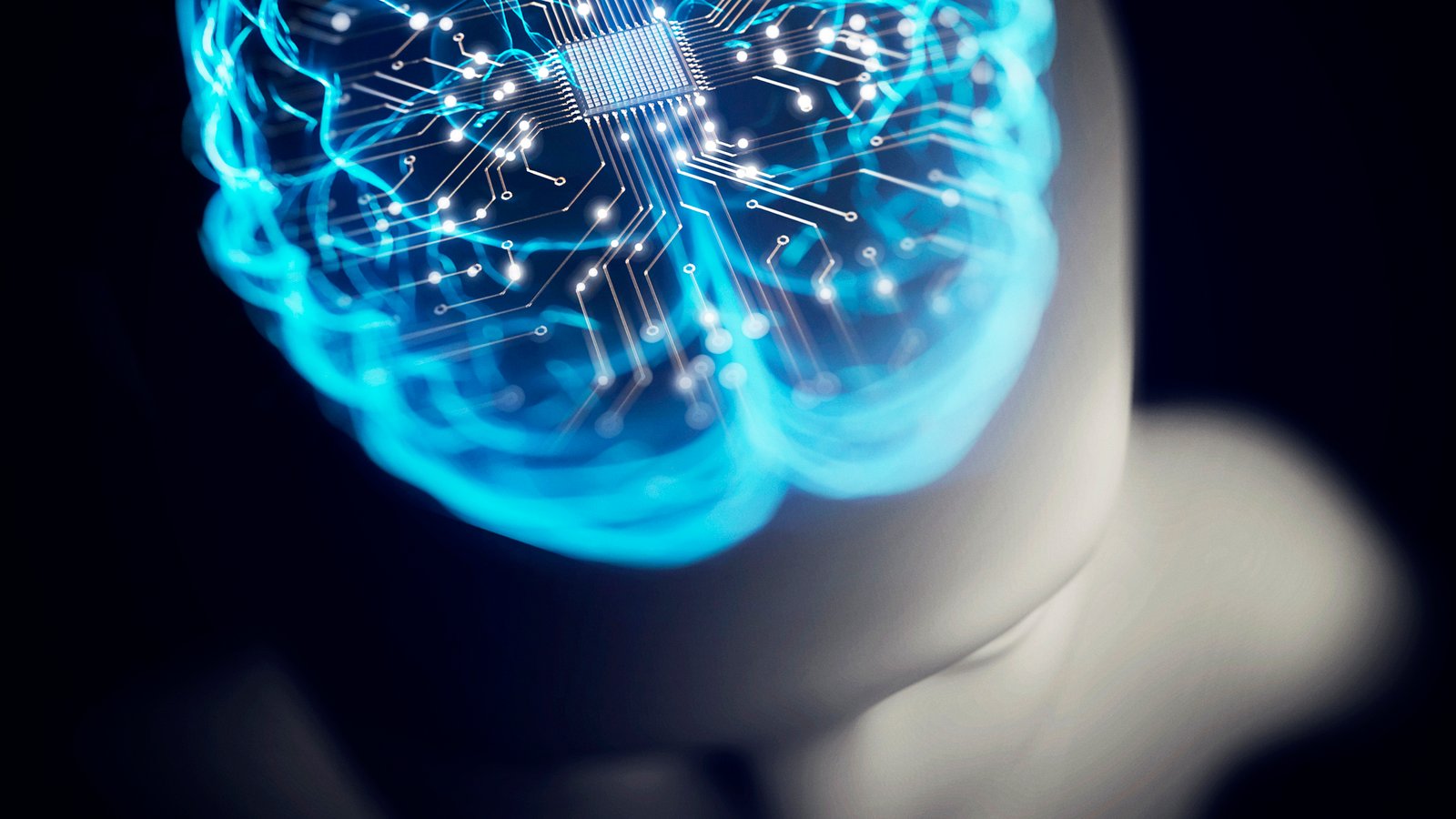Microsoft just launched a preview of its Personal Shopping Agent. The AI tool is designed to assist retailers. According to the tech giant, its new tool can provide a personalized product-discovery experience for consumers.
The Personal Shopping Agent makes it possible for shoppers to have an interactive chat that’s powered by AI and contextual to a specific brand. Ralph Lauren used an early version of the agent to power a shopping experience within an app. Azure OpenAI powers the Ask Ralph feature.
In addition to being embedded within apps, the Personal Shopping Agent can also power shopping websites and in-store experiences. Employees can also use the tool to help customers.
Microsoft highlights key features and benefits of its Personal Shopping Agent:
- Faster deployment and quick experience
- Conversational product discovery
- Intuitive clarifications and next-level guidance
- Future-proof with agent ecosystem
- Flexible and simple data ingestion
Shoppers can receive suggestions from the Personal Shopping Agent based on information shared with the tool, such as the age of the person being shopped for or topics that person enjoys. It’s also possible to interact with the tool using natural language to pin down the best items to buy.
Retailers can guide the Personal Shopping Agent to share information in line with company policies, product information, and other guidelines. The tone of the tool can also be set to match what shoppers would expect from a certain type of retailer.
Other tech giants are also working on AI shopping assistants. Amazon has integrated its AI tool, Rufus, into its website and app.
What are AI agents?
The Personal Shopping Agent is based on Copilot Studio, which is a tool for building agents and agent flows. It is a “low-code” tool, making complex tasks more accessible.
Agents are a big part of the next wave of AI. They can handle complex tasks and work alongside language models and connected data to accomplish goals. Agents can be used in a variety of workflows, including sales, customer support, and managing finances.
NVIDIA CEO Jensen Huang breaks down AI into four waves, the third of which is “Agentic AI.”
AI’s first phase is about perception, such as recognizing speech and identifying images. The next wave is generative and focuses on creating text and images. Tools like ChatGPT, DALL-E, and Gemini are examples of generative AI.
Agentic AI is still in its early stages. It includes reasoning models performing tasks independently. Microsoft foresees Windows will be an agentic OS in less than a decade.
Think of agents as the new apps for an AI-powered world.
Jared Spataro, Microsoft Chief Marketing Officer for AI
The fourth wave is physical AI, which places AI into real-world devices such as robots. I believe we’re still far from a walking robot helping you shop, but NVIDIA recently built a “brain” that can power humanoid robots.
“Think of agents as the new apps for an AI-powered world,” said Jared Spataro, Microsoft’s Chief Marketing Officer for AI at Work. “We’re rapidly adding new capabilities to tackle individuals’ biggest pain points at work and drive real business results.”
Microsoft has ready-made agents available through Microsoft 365 and Dynamics 365, but organizations can also create custom agents through Copilot Studio.
Over time, agents should become more capable as they are given more autonomy and access to more information. Naveen Seshadri, Ralph Lauren’s Chief Digital Officer, alluded to this when discussing the future of the Ralph Lauren app.
“This is a styling tool right now,” said Seshadri, “but the ultimate aim here is to make it a more immersive, personalized, and friction-free shopping experience.”
Microsoft’s Personal Shopping Agent is in preview. Organizations can sign up using a form on Microsoft’s website.
To deploy Personal Shopping Agent, you’ll need to have Microsoft Copilot Studio, a Power Platform environment, and set up permissions. A Microsoft document includes all the steps needed to start using the Personal Shopping Agent.









































